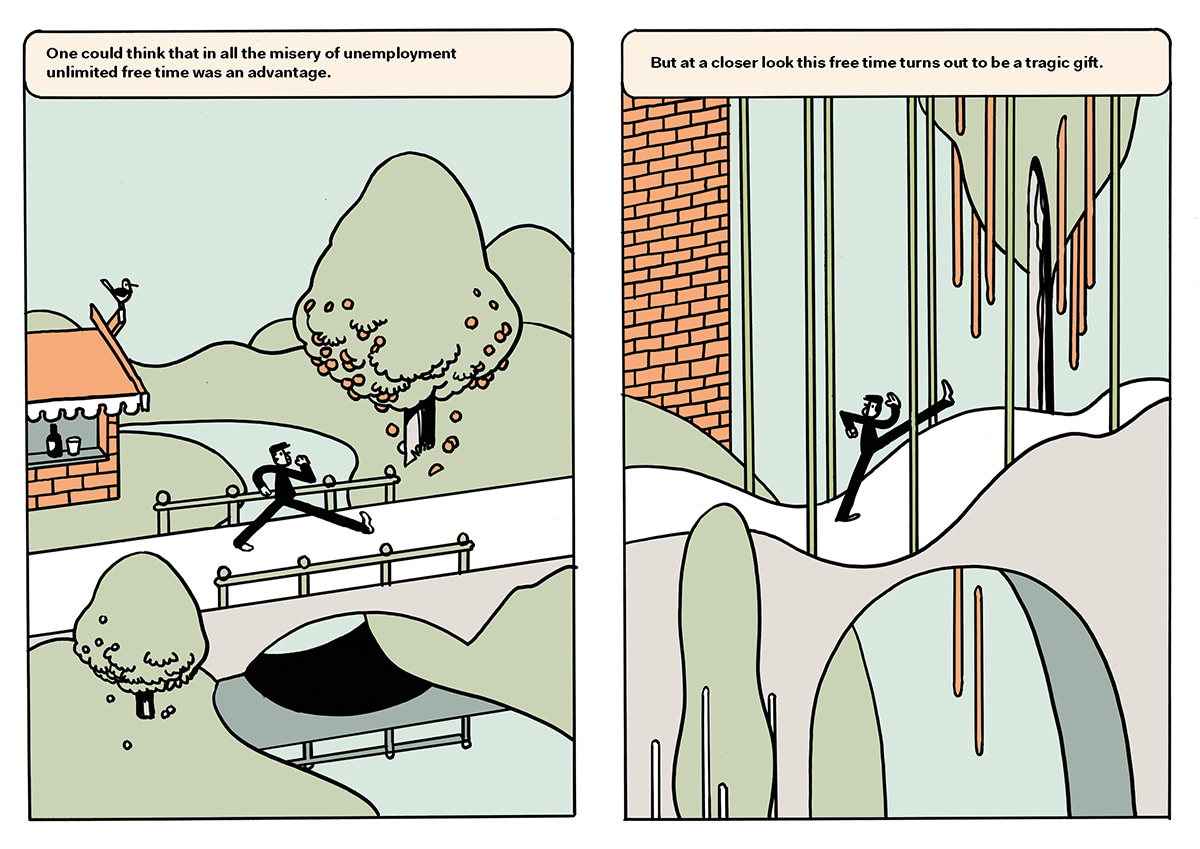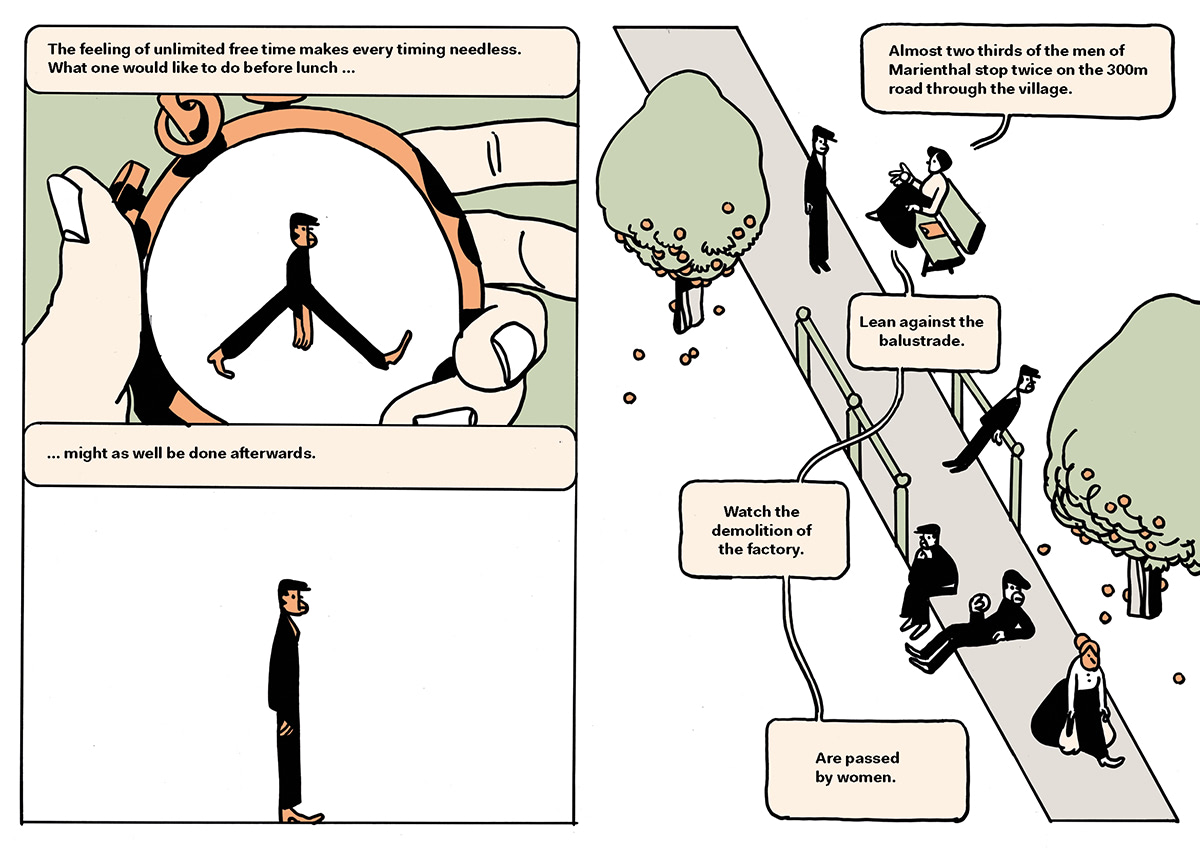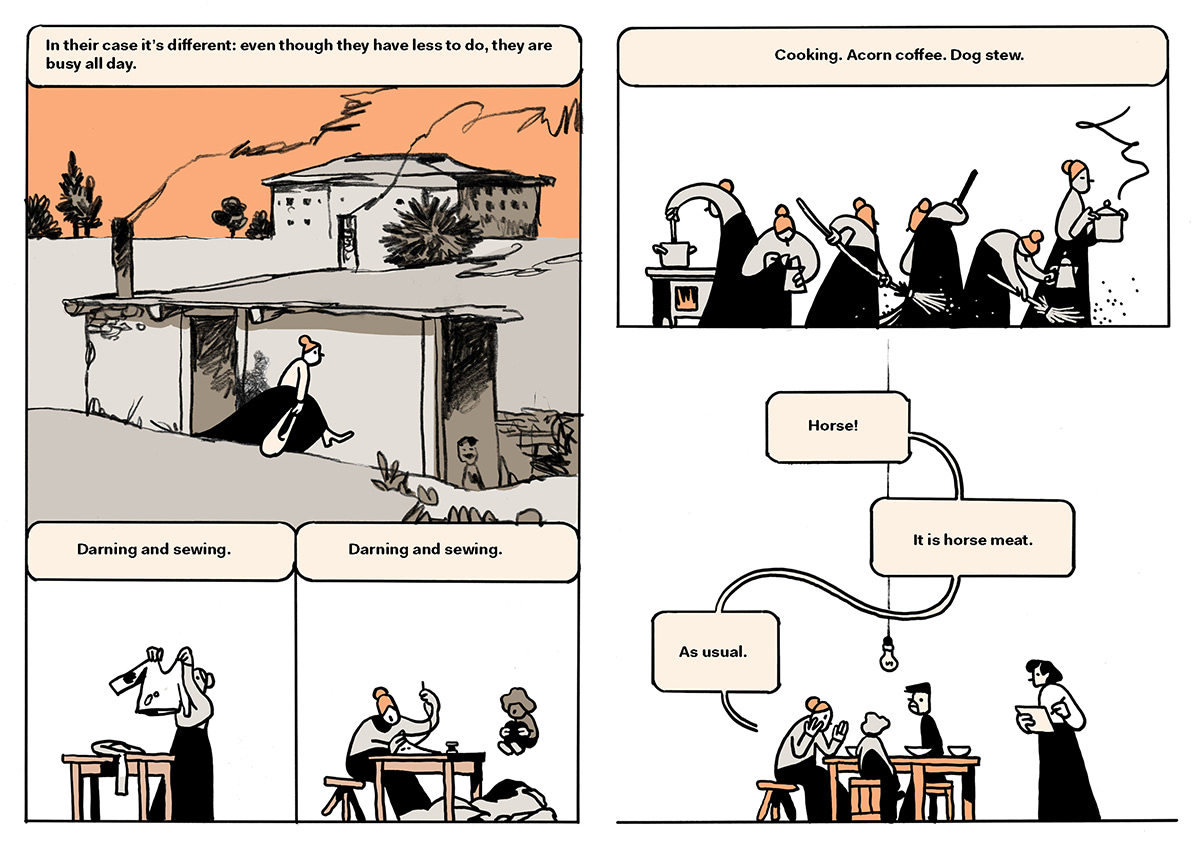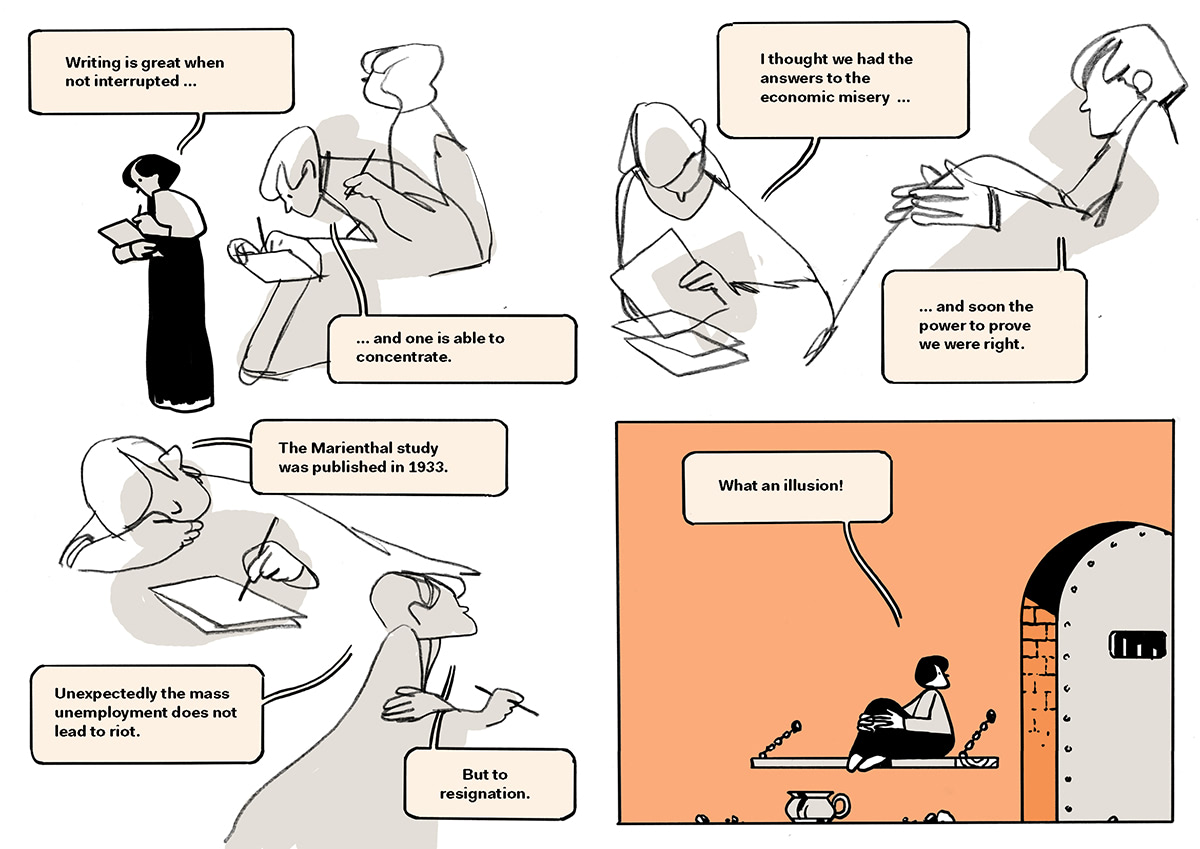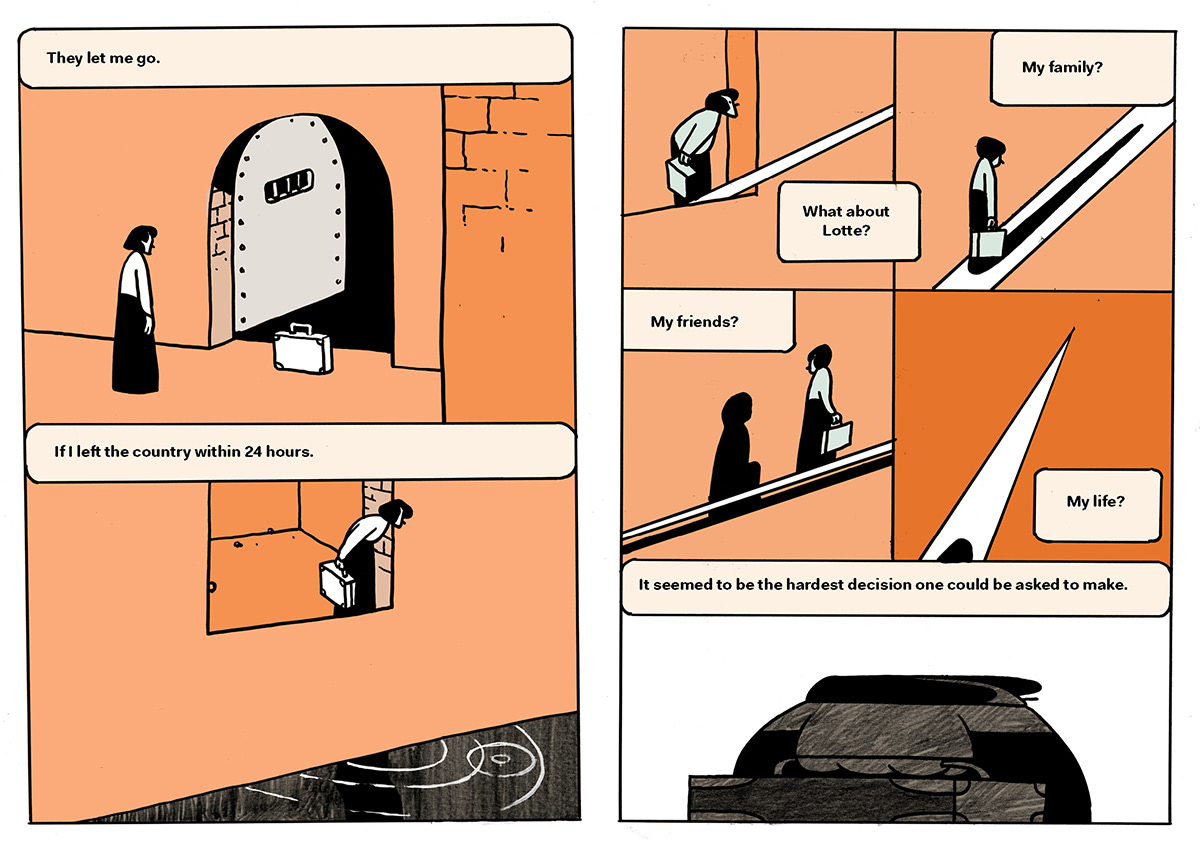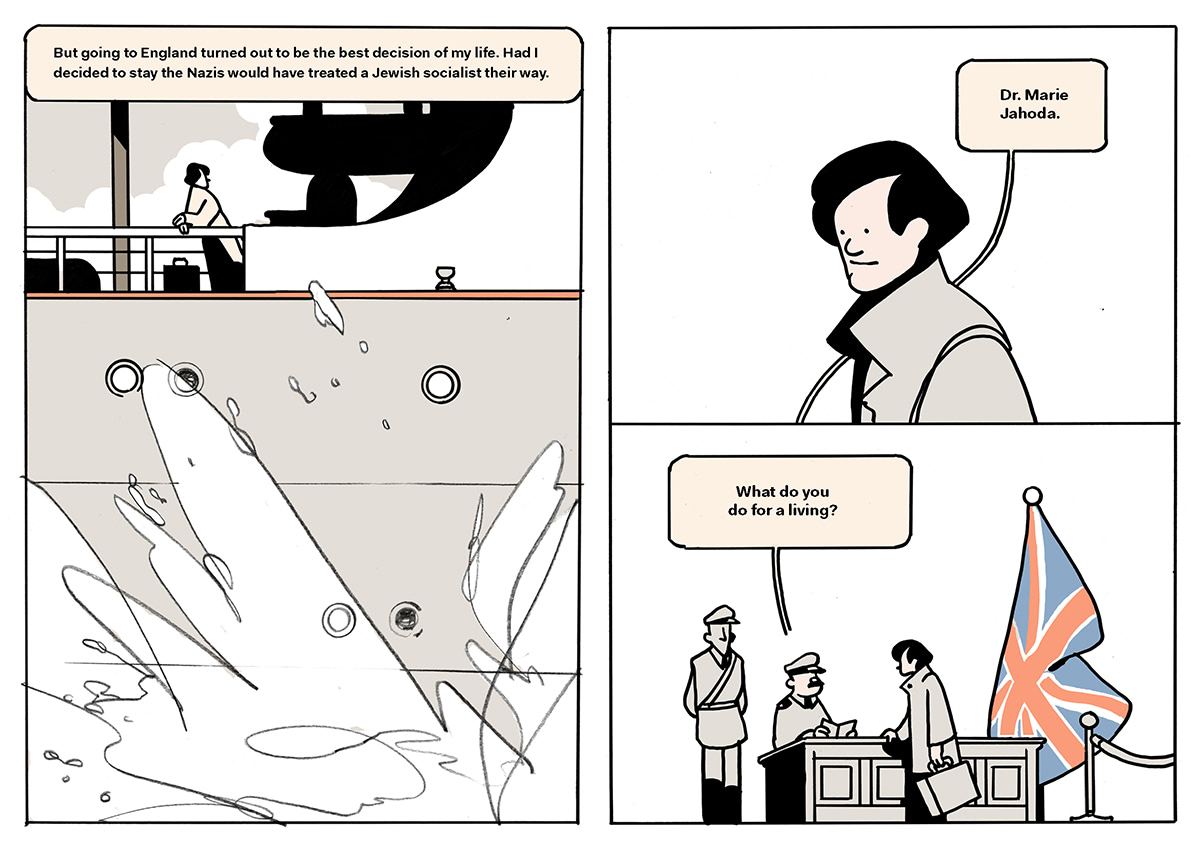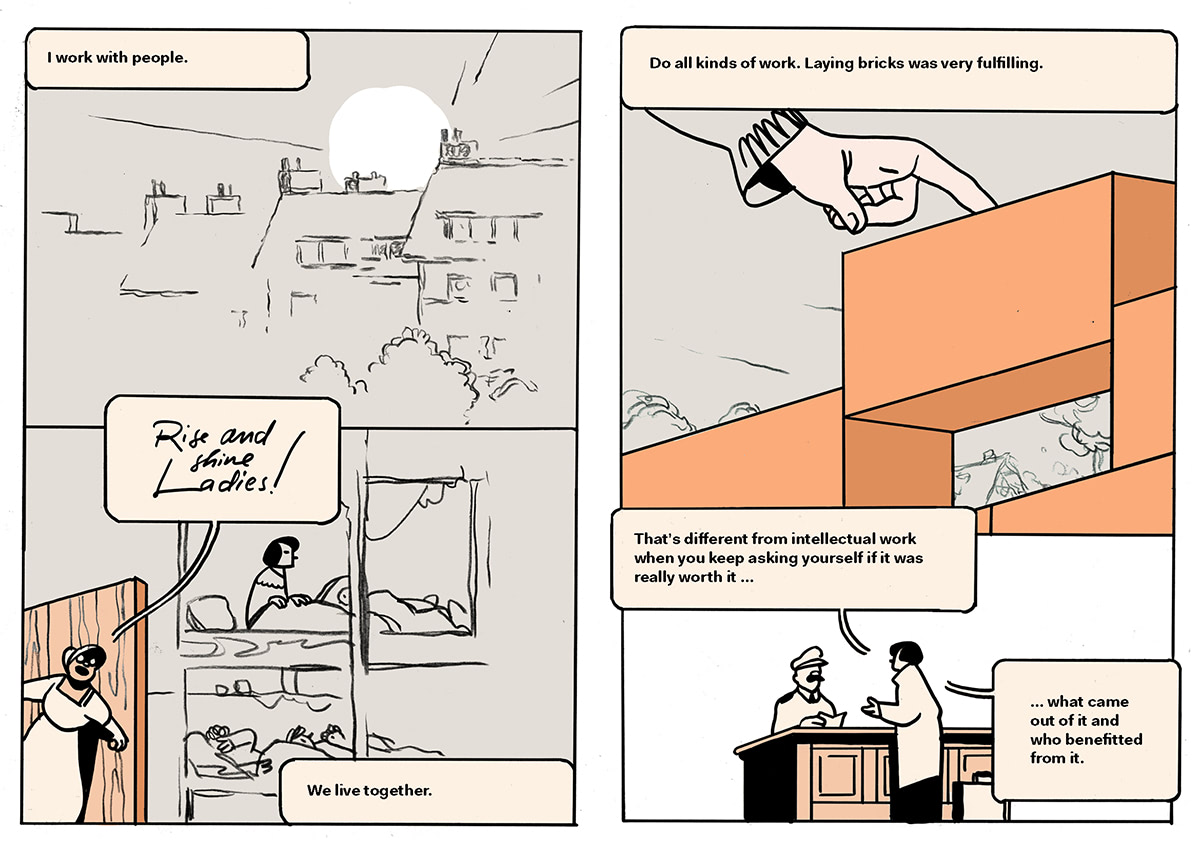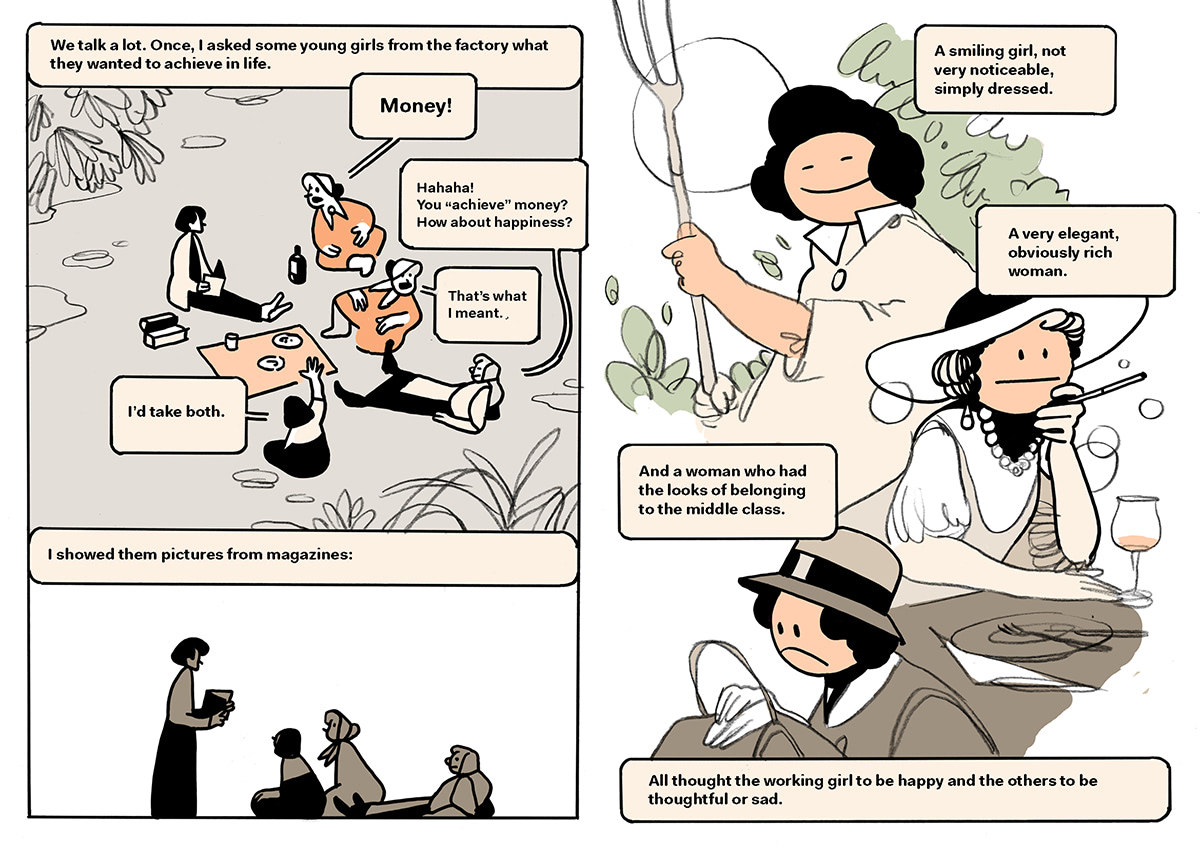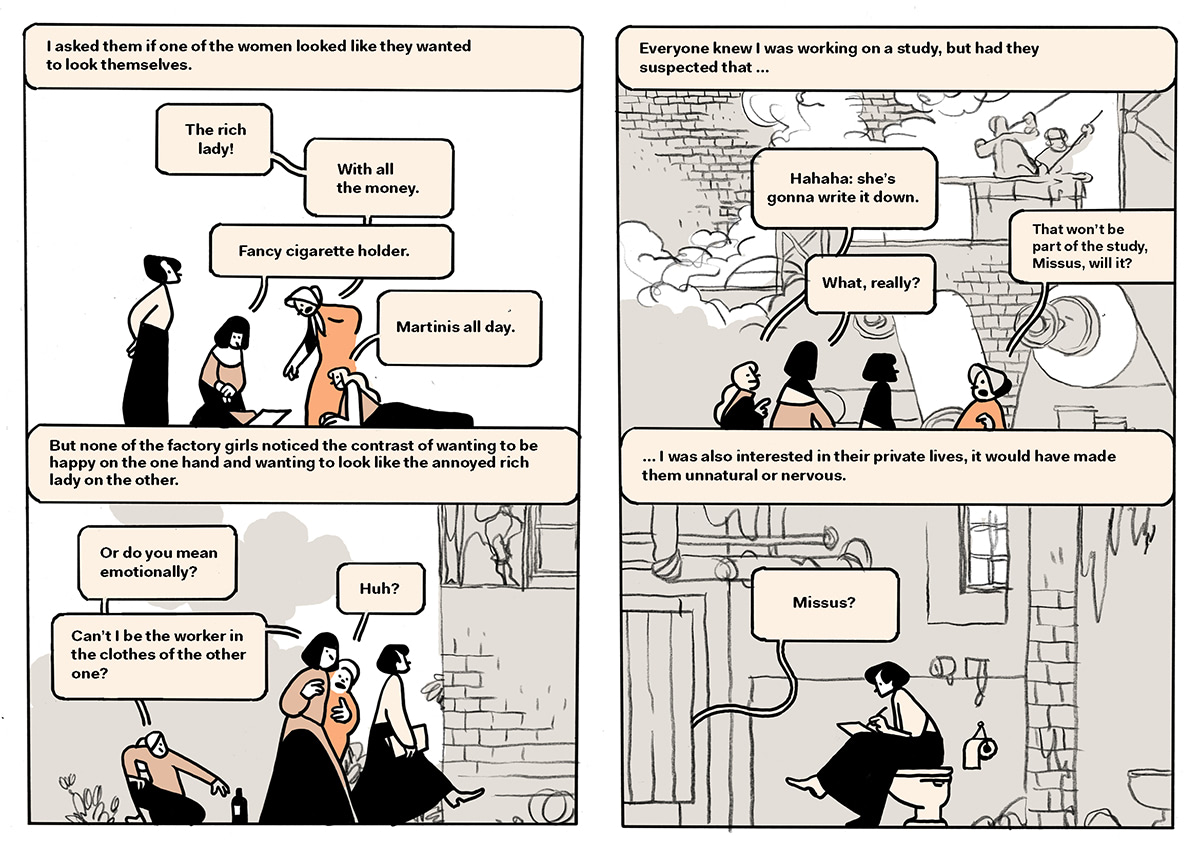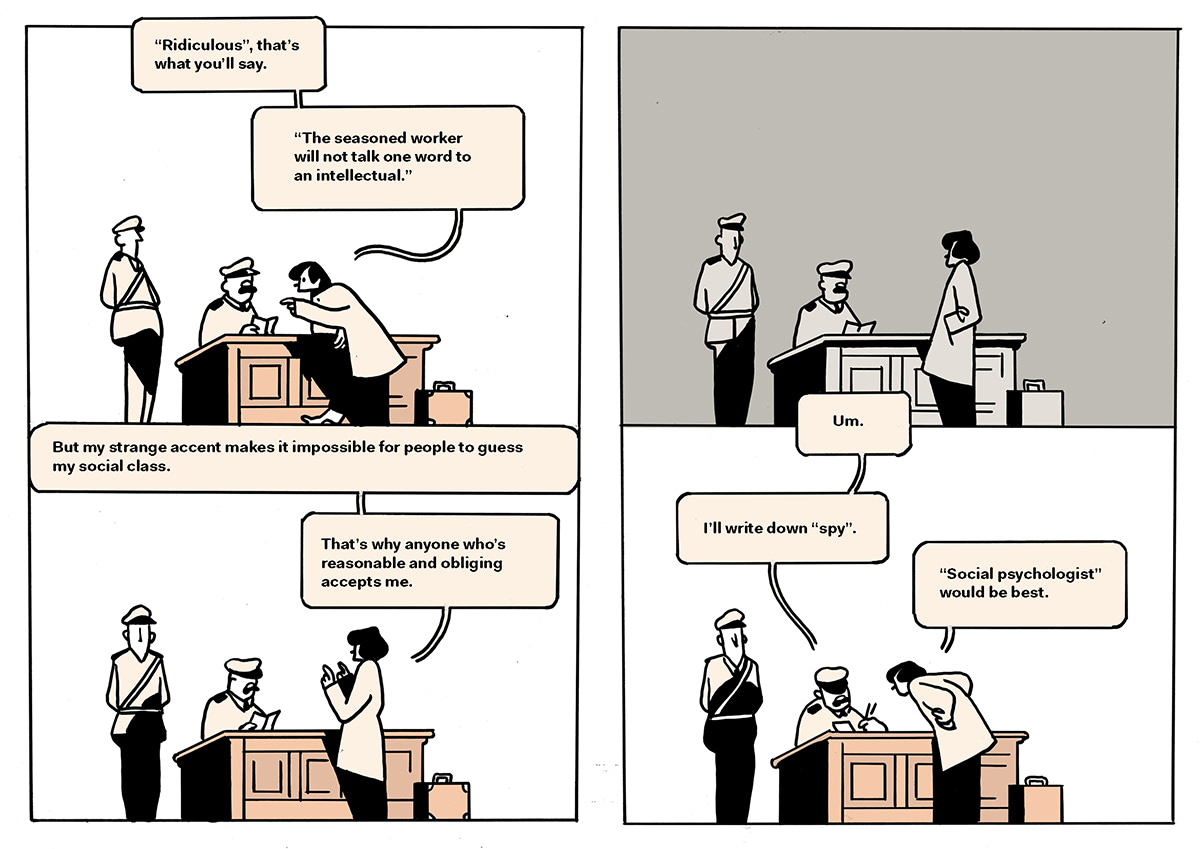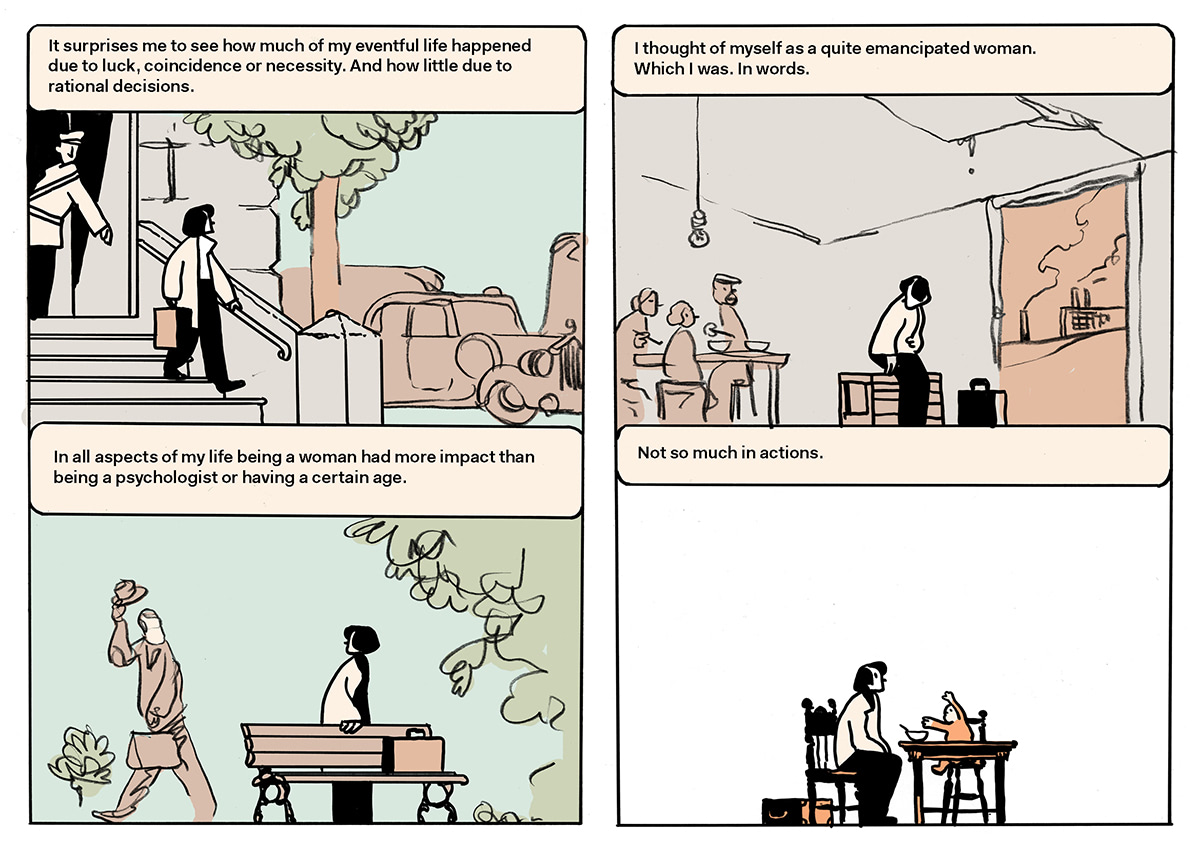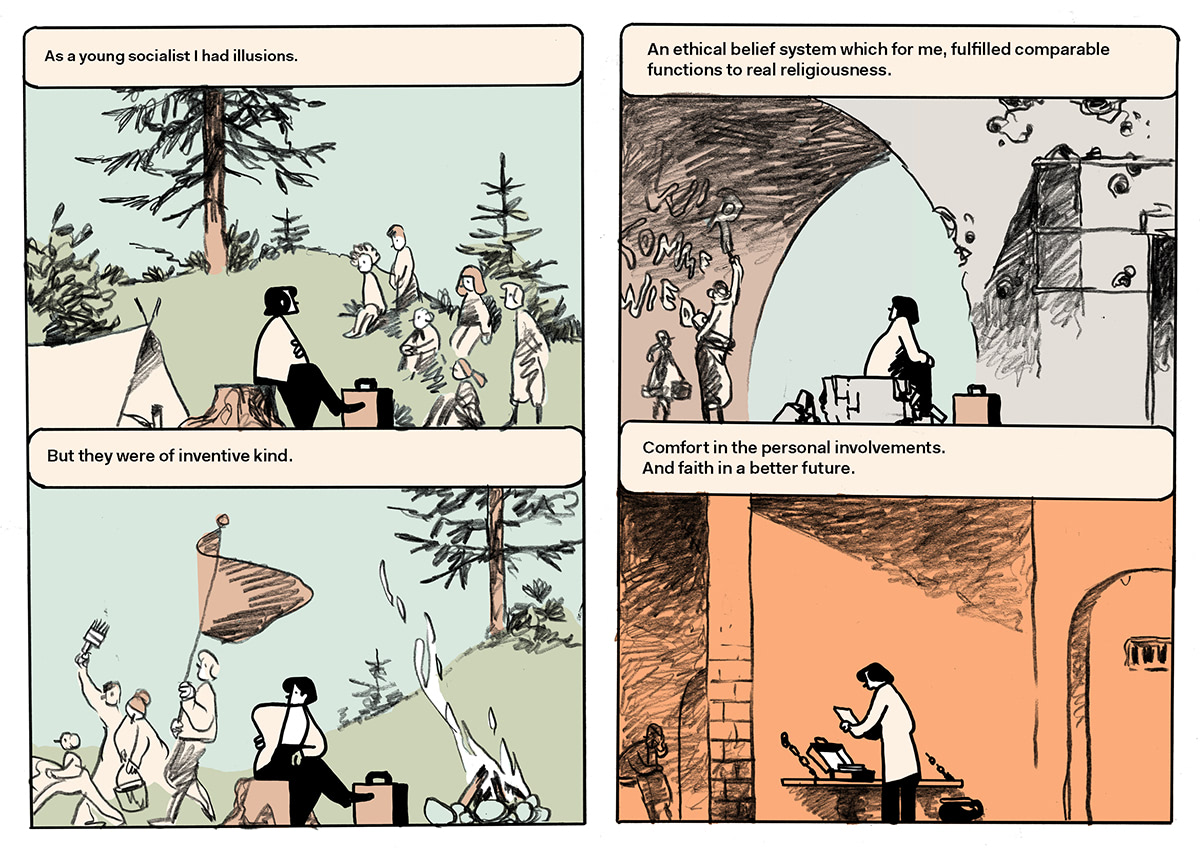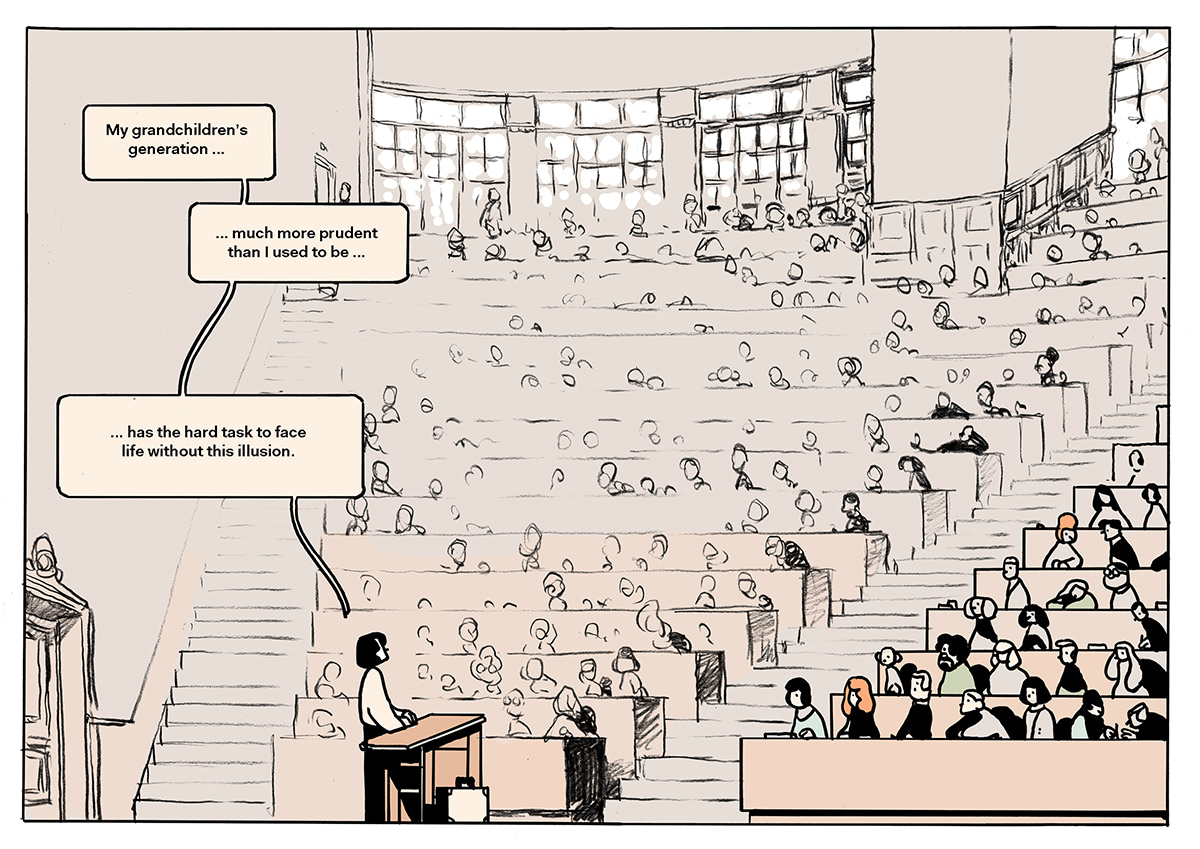Marie Jahoda (1907-2001)
Marie Jahoda was born in Vienna on January 26, 1907 to liberal Jewish parents. She was politically active in the Social Democratic Workers' Party from an early age. Unlike other women of her time, Jahoda graduated from high school, went on to study psychology at the University of Vienna and received her doctorate in 1932. While still a student, she met the sociologist Paul Lazarsfeld, whom she married shortly afterwards. Shortly after the birth of their daughter Lotte, they divorced. Today Marie Jahoda is known for her involvement in the study "Die Arbeitslosen von Marienthal." Due to political underground activities, Jahoda was arrested in 1936. After her release, she went into exile in England. There she did social-psychological field studies. Toward the end of the war, Jahoda emigrated to America to see her daughter again after many years. In America, the social psychologist worked on various significant studies, including with Robert K. Merton. In 1958 Jahoda returned to England, where she married Austen Albu, a member of parliament. In the following years she worked as a professor at Brunel College and Sussex University. Marie Jahoda died on April 28, 2001, in Keymer, Western Sussex. She was an outstanding social psychologist and is considered a pioneer of empirical social research. The subject of her research were real-life methods oriented to real problems: "all my work reallv starts from real problems rather than from the problems of social psychology as a science".
- 1907 Jahoda was born in Vienna
- 1926 Matura
- 1926-1932 studied psychology at the University of Vienna
- 1927 marriage to Paul Lazarsfeld
- 1930 birth of daughter Lotte
- 1932 doctorate
- 1931-1933 Marienthal study
- 1934 divorce from Paul Lazarsfeld
- 1933-1936 activity in illegal socialist movement
- 1936 Marie Jahoda arrested for illegal political activities
- 1937 release from prison after international protests: condition to leave Austria
- 1937 exile to England, daughter Lotte went to America with father
- 1937-1938 study of unemployed miners in South Wales
- 1939 study on the transition from school to working life - Bristol paper mill
- 1941-1943 editor of the propaganda radio station "Radio Rotes Wien
- 1945 emigration to the United States
- 1945-1948 research assistant to Max Horkheimer
- 1949 professorship in psychology at New York University
- 1958 return to England and marriage to Austen Albu
- 1958-1965 research Fellow, from 1961 Professor of Psychology at Brunel University
- 1965 Professor of Social Psychology at the University of Sussex
- 1973 retirement
- 1995 stroke
- 2001 Jahoda died in Sussex, England
selected publications
- 1933 Die Arbeitslosen von Marienthal. Ein soziographischer Versuch über die Wirkungen
- langandauernder Arbeitslosigkeit.
- 1938 Unemployed men at work: a socio-psychological study oft he subsistance production
- experiment in the Eastern Valley of Monmouthshire.
- 1941 Some socio-psychological problems of factory life.
- 1950 Anti-semitism and emotional disorder. A psychoanalytic interpretation. (mit
- Ackerman, Nathan W.)
- 1951 Research Methods in Social Relations
- 1954 Der autoritäre Charakter. Band 2: Studien über Autorität und Vorurteil.
- 1963 The education of technologists. An exploratory case study at Brunel.
- 1980 Work, employment and unemplyment – an overview of ideas and research results in
- the social sciences literature.
- 1982 Wieviel Arbeit braucht der Mensch? Arbeit und Arbeitslosigkeit im 20. Jahrhundert
For a detailed listing, see:
https://web.archive.org/web/20020814101027/http://www.sozpsy.uni-hannover.de/dfa/jahoda.htm
[Sources of the lyrics used in the comic: Jahoda, Marie, Paul F. Lazarsfeld, Hans Zeisel (1975): Die Arbeitslosen von Marienthal. Ein soziografischer Versuch über die Wirkungen langandauernder Arbeitslosigkeit. Suhrkamp Verlag and Engler, Steffani, Brigitte Hansjürgen (Ed.) (1997): Marie Jahoda. Ich habe die Welt nicht verändert: Lebenserinnerungen einer Pionierin der Sozialforschung. Campus Verlag - own translation]
Links
Further biographical information about the life and work of Marie Jahoda:
https://www.geschichtewiki.wien.gv.at/Marie_Jahoda
Life and Work, including information on her six main factors of ideal mental health:
https://www.bps.org.uk/blog/learning-experiences-p...
Biography and work, contribution from 2001:
https://duepublico2.uni-due.de/servlets/MCRFileNod...
duepublico_derivate_00073088/Journal_Netzwerk_FGF_12_24.pdf
Biography, affiliations, selected works and photos:
https://feministvoices.com/profiles/marie-jahoda
Film about the Marienthal Studie: Einstweilen wird es Mittag, 1988
Literature
Steffani E./Hasenjürgen, B. (Hrsg.) (2002): Marie Jahoda. Ich habe die Welt nicht verändert.
Lebenserinnerungen einer Pionierin der Sozialforschung. Weinheim/Basel: Campus Verlag.
Fleck, C., & Müller, A. (1998): Marie Jahoda (geb. 1907): Lebensnähe der Forschung und
Anwendung in der wirklichen Welt. In C. Honegger, & T. Wobbe (Hrsg.), Frauen in der
Soziologie: neun Portraits (S. 258-285). München: Beck.
Fryer, D. (1986): The social psychology of the invisible: An interview with Marie Jahoda. In
New Ideas in Psychology, 4,107-118



